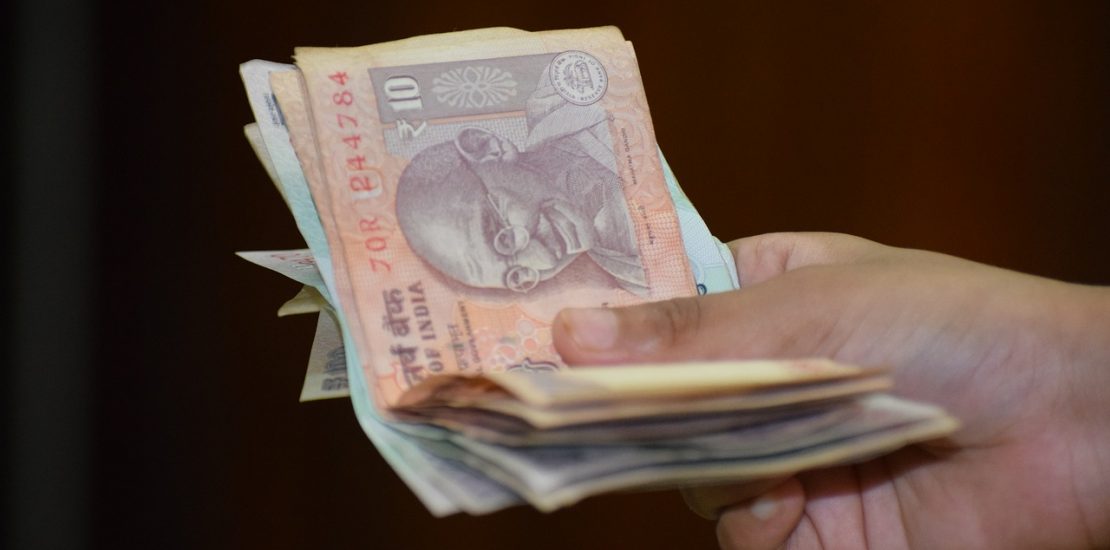- June 29, 2020
- Posted by: Ganeshcbani
- Category: Blog

To be frank, the reason most people opt for Personal Loans is because of their unsecured loans rather than any other form of financing. In other words, personal loans do not require you to place a collateral, unlike other loans.
However, before accepting your loan application, some banks and other financial service institutions can ask you for a guarantee. And, if you want to be a guarantor, you should read this article before you let your emotions get the best from you.
How are the banks seeking a guarantor?
Asking a guarantor is a way for the bank to ensure that the money they have loaned is free, protected and properly paid back.
- Situation where a bank calls for a guarantor:
- The financial quality of the creditor does not meet the criteria
- unstable work with regular transfers to different towns
- Job security is an problem
- Unstable income that causes a great cloud of uncertainty in repayments
- Lack of academic history
A Personal Loan Guarantor
Do you need an Indian personal loan? As a creditor, you can get a personal credit much better if you have a creditor. In fact, the risky nature of unsecured loans means that certain banks may not accept a loan until the borrower finds a guarantor who is willing to be liable for his loan. If the loan is large or if the lender is not sure that the lender has the ability to repay the loan, the lender may apply for the guarantor as insurance. Mates, family , and coworkers often sign personal loans as guarantors. Know, if the principal creditor defaults in timely payment, a guarantor can be subject to severe consequences. You might know whether or not it is good to become a guarantor when it has responsibilities? Let’s find out
Obligation of repayment
The responsibility of a lender and principal lender is co-extensive. In the case of original defaults, the legal position of a guarantor becomes a borrower. Here, if the original creditor is not traceable, the guarantor is legally obliged to settle outstanding debts. The guarantee provider is the first option for the bank to recover its outstanding amount due to the risky nature of unsecured loans. The court may attach the Guarantor’s monthly earnings to recover the borrower’s personal loan.
Accountability of properties
When the creditor can not be identified, the guarantor ‘s personal properties can be sold off if the debt is to be cleared. And one must carefully owe his own capacity to pay back the personal loan on which he is a guarantor. In general, the monthly income of the guarantor will allow it to repay the personal loan for which it guarantees. When the original borrower fails, very little a guarantor is able to do other than talking to the lender and trying to pay the remaining debt in future.
Impact on the past of credit
A personal loan guarantee agent in a default situation may have a detrimental effect on his credit history, as his legal obligation to repay a loan appears to be similar to that of the original borrower. Even if the guarantee holder himself has always been quick to repay the credit, his ratings will be affected if a loan for which he has signed as guarantor is defaulted.
Reduced potential for borrowing
In the event of a default, his name will be reported to CIBIL along with the original borrower which might hinder its chances of making use of future loans for itself. The current situation is that banks and other financial institutions refer to the Credit information companies credit rating to determine applicant credit eligibility. Thus, the amount assured by a person who has signed a personal loan is also expressed in the credit information companies ‘s unpaid loan for his name, as the amount he has insured, as a result of determining his eligibility.
The explanation for the banks is that the guarantor can not shy away from his responsibility in the meantime, as he originally promised full loan holdings. However, the guarantor should review the guarantee deed before signing the documents.


